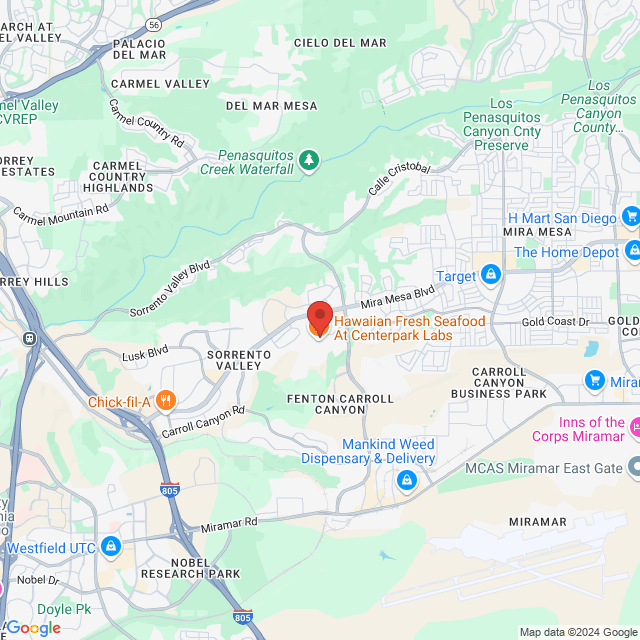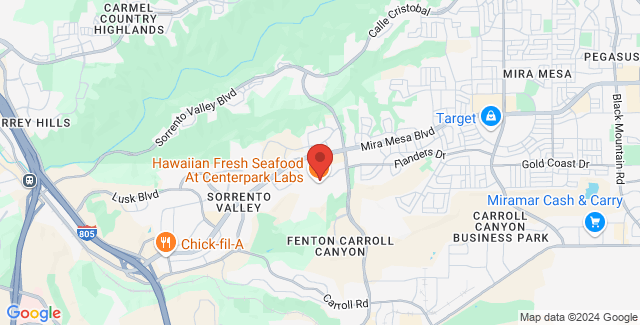Gulf Coast Oil Spill
An explosion that occurred on April 20, 2010 on an oil-drilling rig in the Gulf of Mexico has caused a major oil spill that could eclipse the Exxon-Valdez disaster in environmental and economic damage. The explosion left 11 workers dead and 17 injured, in addition to triggering a leak in an oil well that is 5,000 feet below water. The U.S. Coast Guard estimates that the well is leaking 5,000 barrels of oil each day, seriously threatening marine life and the Gulf Coast fishing, shipping, and tourism industries.

The coastal communities of the Gulf Coast are already feeling the effects of the massive oil spill. Economic losses are the worst for the shrimping, oyster, and commercial fishing industries; hotels, restaurants, and other recreational businesses on the water; dock and marina owners and private and commercial boat owners; and the local and state government. If your livelihood has been affected by the Gulf Coast oil spill, you can file suit against BP, Transocean, and Halliburton for the roles these companies may have played in causing the disaster.
BP
BP is a London-based energy company that was converting an exploration well, located about 42 miles southeast of Venice, Louisiana, into a production well. Experts believe that a bubble of methane gas was released from the well and made it through several safety seals and barriers, causing the subsequent explosion and oil leak.
Transocean
Transocean Ltd. owned the oil rig Deepwater Horizon, which was licensed to BP.
Halliburton
Halliburton Inc. contracted the oil service workers that worked on the rig. Some plaintiffs claim that the workers did not properly cap the well during the cementing process.
Cameron International
Cameron International made the blowout preventers used on the rig; some experts say the blowout preventers failed on the day of the oil spill.
Contact an Oil Spill Attorney
If your life has been adversely affected by the Gulf Coast oil spill, you may be entitled to damages for economic losses, damaged property, and other claims. Contact a lawyer for an evaluation of your case. An attorney can determine if you have a viable claim and are eligible for damages.
Related to the Gulf Coast Oil Spill




